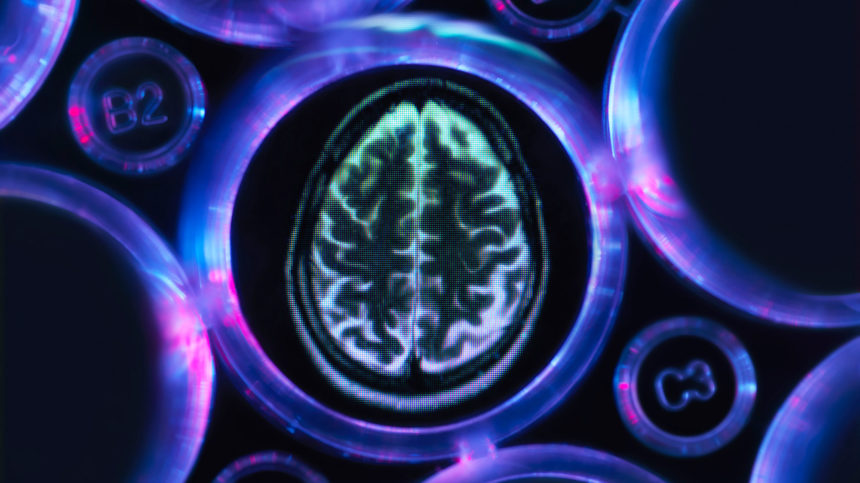
Artificial intelligence has been shown to have many benefits in the medical field including the potential for diagnosing and treating Alzheimer’s disease and other life-threatening illnesses.
A group of University of Maryland researchers, however, found that AI technology also has the potential to increase healthcare inequities and biases against certain racial and ethnic groups if it is not used properly. Their study findings recently were published in the journal Nature Medicine.
The researchers found that AI models have demonstrated biases due to the underrepresentation of certain demographic groups in the datasets that were used in their development.
“These deep learning models can diagnose things physicians can’t see, such as when a person might die, or detect Alzheimer’s disease seven years earlier than our known tests — superhuman tasks,” said senior investigator Paul Yi, MD, assistant professor of diagnostic radiology and nuclear medicine at the University of Maryland School of Medicine and director of the University of Maryland Medical Intelligent Imaging, or UM2ii, Center, in a news release.
“Because these AI machine learning techniques are so good at finding needles in a haystack, they can also define sex, gender and age, which means these models can then use those features to make biased decisions,” he added.
For their study, researchers evaluated data sets used in data science competitions by computer scientists and physicians from around the world to develop algorithms. Specifically, they looked at medical imaging algorithms used to evaluate computed tomography scans to diagnose blood clots or tumors. Of the datasets analyzed, 61% of the algorithms did not include demographic data such as age, sex or race. In addition, none of the data competitions analyzed had evaluations for biases against underrepresented minority groups such as Blacks, Asians and Native Americans.
“As AI models become more prevalent in medical imaging and other fields of medicine, it is important to identify and address potential biases that may exacerbate existing health inequities in clinical care — an essential priority for every academic medical institution,” said UMSOM Dean Mark T. Gladwin, MD, vice president for medical affairs, University of Maryland, Baltimore, and the John Z. and Akiko K. Bowers Distinguished Professor in the University of Maryland School of Medicine.


